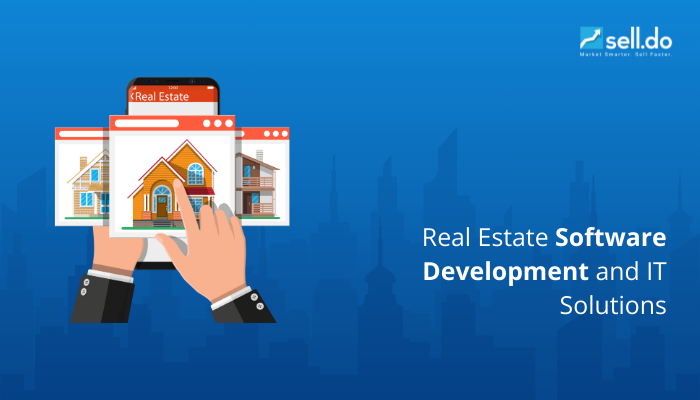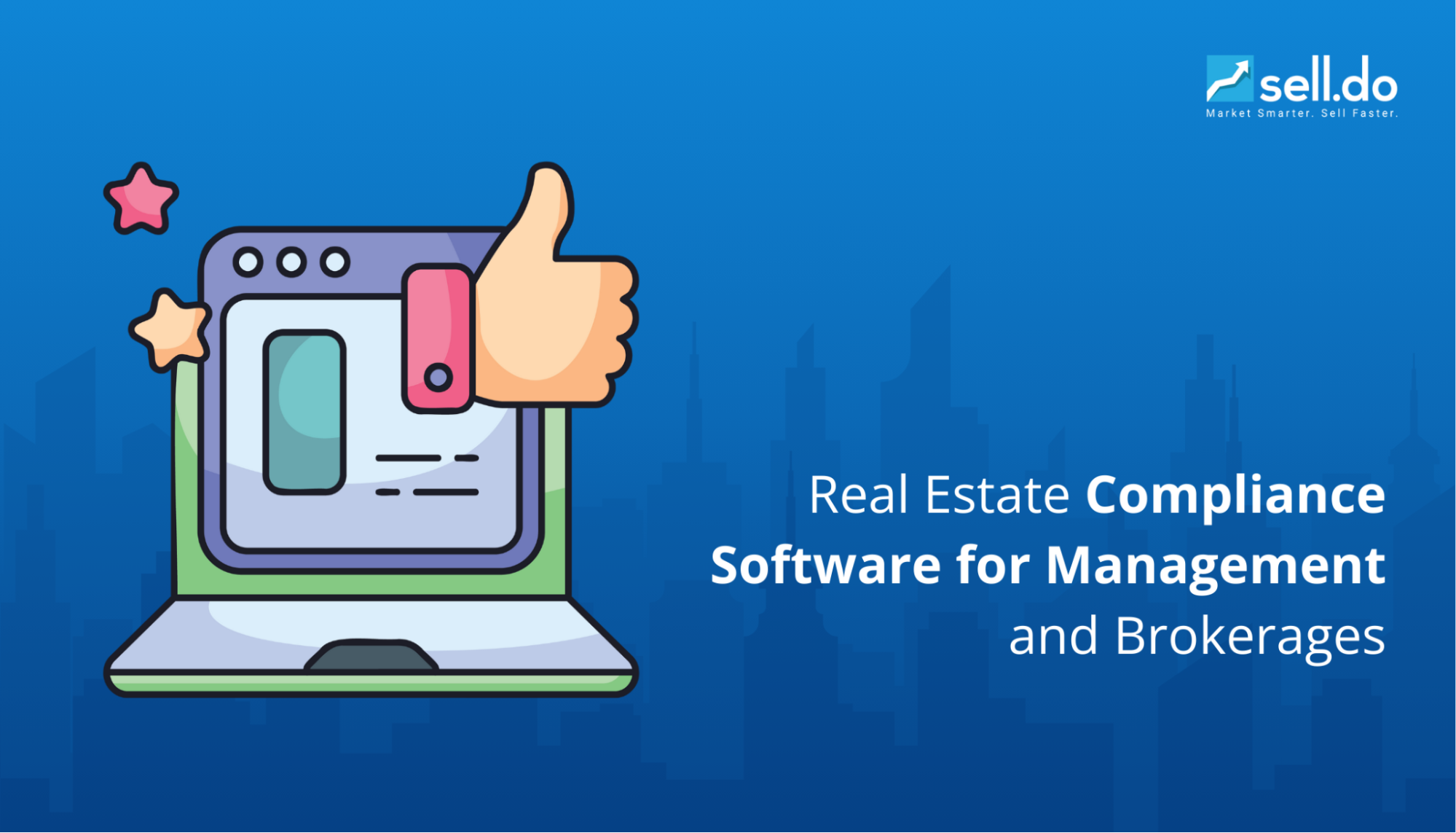As a real estate broker, you might have noticed a trend in the industry where competing brokers rely more on CRMs (Customer Relationship Management) instead of traditional paper or excel-based systems. Ever wondered what they are and how they work? Are you interested in knowing where to buy your CRM?
In this blog, you’ll learn all of that and more! The benefits of specific platforms, why you need a CRM, and all the questions you might have, answered with one CRM guide for real estate brokers!
What is a Real Estate CRM?
CRM software for real estate brokers is a software solution that helps professionals manage their clients, prospects, and leads. For you, it means nurturing relationships with your clients and increasing your sales pipeline. The Real Estate CRM also allows you to collaborate with their teams, track performance, and measure your success
What Are the Benefits of a CRM?
There are many benefits of using a real estate CRM, including:
-
Increased Efficiency:
A good CRM will automate many tasks that brokers, and agents have to do manually daily, such as contact management, emailing, and follow-ups. This can free up a lot of time so that you can focus on more critical tasks
-
Improved Customer Service:
With all your customer data in one place, it’s easy to quickly and accurately respond to inquiries. You can also keep track of important dates and events to stay in touch with your clients and build better relationships
-
Greater Organization:
It’s easy to lose track of things when dealing with multiple clients. A CRM will help you keep everything organised in one place so that nothing falls through the cracks.
-
More Effective Marketing:
With a real estate broker CRM, you can segment your leads and target them with specific marketing campaigns that are more likely to convert
-
Better Insights:
A good CRM will provide valuable insights into your business, such as who your best customers are, what areas need improvement, etc.
How to Choose a Real Estate Broker CRM?
The first step in choosing a CRM is to understand your business needs. What are your goals for using a CRM? What features are most important to you? Once you know what you need, you can start narrowing down your options.
A few key things to look for in a CRM: are flexibility, automation, and scalability.
- Flexibility is essential because you want a system that will grow with your business
- Automation will save you time by automating repetitive tasks
- Scalability is crucial because you need a system that can handle an increasing volume of data as your business grows
Once you have a good idea of what you need, take some time to research different CRMs. Read reviews and compare pricing. Make sure to get a free trial of the CRM before committing to it.
-
Understanding CRM Integrations:
![Understanding CRM Integrations]()
To get the most out of your investment, it is vital to understand how integrations work. A CRM integration allows you to connect your CRM with other software applications, such as your email client, accounting software, or lead generation tools. This way, you can automate tasks and save time by having all your data in one place.
-
Some standard CRM integrations include:
![Some standard CRM integrations include]()
-
Lead capture and management:
Many real estate broker CRMs offer lead capture forms that can be embedded on your website or blog.
-
Email marketing:
Email marketing platforms like Mail Chimp can be integrated with CRMs to automatically add new contacts to your email list.
-
Social media:
Social media platforms like Twitter and LinkedIn can also be integrated with CRMs.
-
Project management:
If you use a project management platform like Basecamp or Trello, you can integrate it with your CRM.
-
Customer support:
Customer support platforms like Zendesk can be integrated with CRMs to keep track of customer tickets and issues.
-
-
Measuring CRM Success:
![Measuring CRM Success]()
There are a few key indicators that you can use to measure the success of your CRM system:
-
Client satisfaction:
Measure client satisfaction by conducting surveys or customer interviews.
-
Lead conversion rate:
Track your lead conversion rate by looking at the number of new leads vs the number of new clients.
-
Business efficiency:
Measure business efficiency by looking at the time saved on tasks, increased productivity, and reduced costs.
-
Sales growth:
Measure sales growth by looking at revenue, new customers, and repeat business metrics.
-
Customer retention:
Measure customer retention by looking at metrics like customer churn and lifetime value.
-
If you see positive results in these areas, then your CRM system works for you.
In Conclusion:
A CRM is an essential tool for real estate brokers. By automating and keeping track of your interactions with clients, you can provide better service and make more informed decisions about your business. If you are a real estate broker not currently using a CRM, we hope this comprehensive real estate CRM guide has given you the information you need to get started.












Leave a comment
Comments (0)
Be the first one to comment.